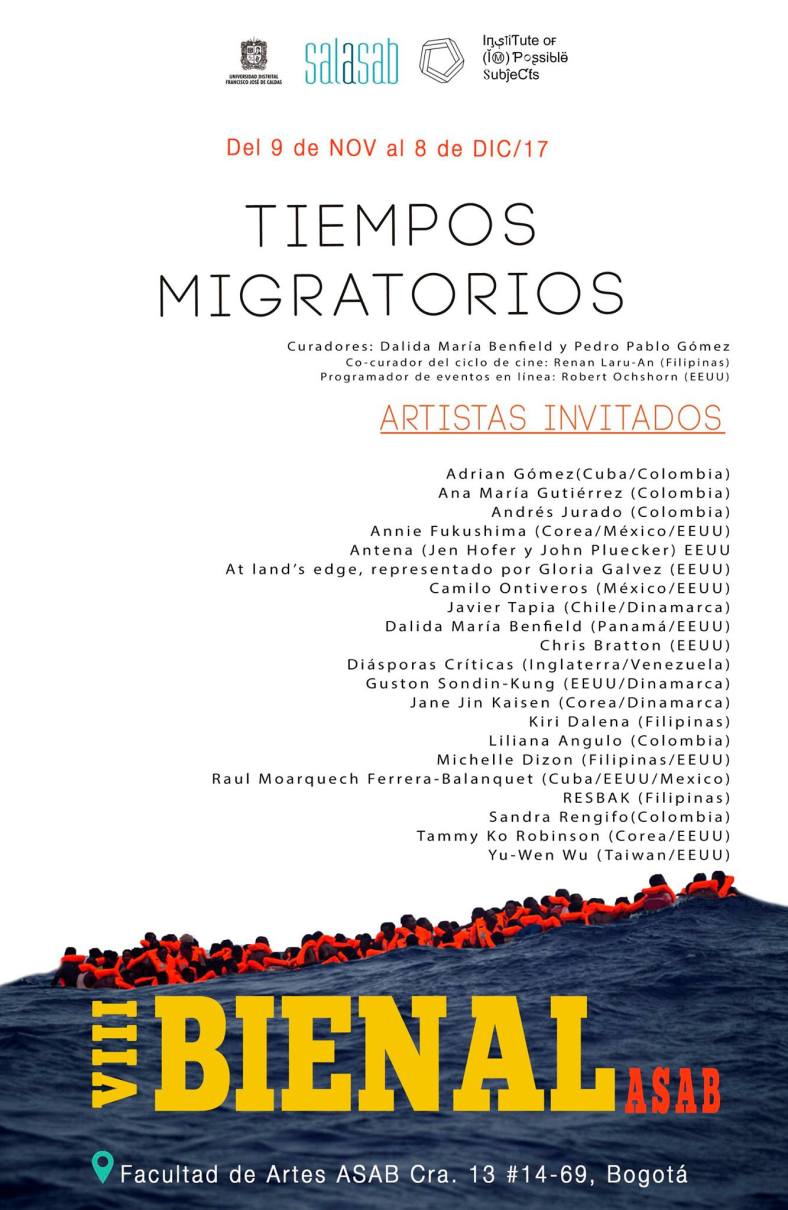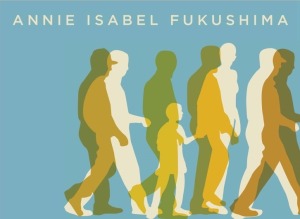
Month October 2017
Gender: War, 1st Edition
Digital Archives.
Education.
Emotions.
Ethnicization.
Gender Order and Gender Confusion.
Gendering Genocide.
Gendering Holocaust.
Human Trafficking.
Intimacy of Violence.
Militarism.
Museums.
Pacifism.
Policing Bodies.
Reconciliation.
Resistance.
Self-Writing.
Sexual Violence as a Weapon of War.
Sexual Violence in the Holocaust.
Soldiering/Men.
Transitional Justice.
Truth Commissions.
Visualizations.
Women in the Military.
“Pedagogies of the Zombie”
https://convention2.allacademic.com/one/theasa/theasa17/index.php?cmd=Online+Program+View+Paper&selected_paper_id=1260218&PHPSESSID=l21jg6scm9iim2j90r7ik4dhi3
In Event: International Committee Talkshop II: Pedagogies of Dissent in A Global Context
Fri, November 10, 2:00 to 3:45pm, Hyatt Regency Chicago, Horner, Third Floor West Tower
Abstract
The image of the zombie as a figure is iconic. The zombie is Frankenstein’s monster, the figure through which Mary Shelley transgressed women’s roles in the 1800s by writing about it. In the 1970s, the zombie figure was articulated through imagery of the wives of Stepford – she was zombie-like submissive woman. Today it has multiple meanings from the person controlled through voodoo rituals, to the brain eating human chasing monster, to the warm heart zombie that falls in-love and becomes human again. The zombie is a resurrected figure through which alterities are reinforced, imagined, and disrupted. It raises ontological questions regarding who and what counts for as the human. The living dead are also social and historical figures that rise up, haunt and stalk the living. The living dead encompass when a history of colonization, genocide, death, slavery, an American apartheid furthered by racism, sexism, and classism, and transnational migration and diasporic subjectivities, are reanimated for the living as the living dead. At times the living dead makes visible ghostly matters. Zombies are not just about the danger – they represent societal concerns, anxieties, and hopes for another kind of future. In neoliberal modern colonial economic systems, are zombies a mechanism of survivance? They raise questions regarding the haunting – sociological, imaginary, and historical – creating a scene of witnessing. Through the living recuperation, recovery, reclamations, appeals to witnessing are made possible. Dr. Fukushima and Dr. Pillow offer reflections and a framework, through a course they team taught at University of Utah – Zombie Futurities. In analyzing the course curriculum, the context in which we were teaching, and the narratives of social death and zombification circulating in politics and media, we put forth a pedagogies of the zombie. A pedagogies of the zombie is methodology of teaching that centralizes decolonial feminisms, anti-racist theory, and gender, to understand how subjects and practices create social death, the living, dead, and hauntings, that may be contended with in the classroom.
Authors
Annie Isabel Fukushima, University of Utah
Wanda Pillow, University of Utah
Salon with the Institute of (Im)Possible Subjects – Silhouettes: Migration, (Un)Documented, and Pedagogies

This event is by invitation only. Please contact Dr. Fukushima at a.fukushima@utah.edu if you have questions or would like to be a part of this discussion. This event is being recorded.
Purpose: The salons create a space for discussion, sharing, and connections. For this salon, I would love to invite all of us to be in a conversation regarding pedagogies, documentation and migration. Here, I recognize the current climate, and that when considering migration, documentation, and teaching, that we are not only discussing DACA, where migration and notions of documentation have a range of contested meanings. But, we are also recognizing that DACA, undocumented, and other forms of documentation have shaped our students lives, our own lives and pedagogues, and our communities (recognizing community is multifaceted and complex). Questions we seek to grapple with: What does it mean to teach / learn in the current moment on migration / emigration / immigration and transnational connections? What can be learned from the transnational/diasporic/migratory subject? What is currently being made invisible? How do you teach about migration? How does documentation, undocumented, and the dualities of legality/illegality emerge in the classroom and/or spaces of learning?
Format: The salon will be 90 minute recorded conversation. It will be edited then published to the Institute of (Im)Possible Subjects websites (Facebook, Twitter, WordPress, and our under construction edited multimedio web publication).
To begin our conversation, we could listen to Sonia Guiñansaca “Bursting of photographs after trying to squeeze out old memories”. https://soundcloud.com/pbsnewshour/sonia-guinansaca-reads-bursting-of-photographs-after-trying-to-squeeze-out-old-memories
Then we will discuss the works of Ruby Chacon.
When:
Location in Salt Lake City
2130N Hoopes Seminar Room, Marriott Library, University of Utah.
For Silhouette’s Remote participants Call-in information
Tue, Oct 17, 2017 10:00 AM – 12:00 PM MDT
Please join my meeting from your computer, tablet or smartphone.
https://global.gotomeeting.com/join/947035901
You can also dial in using your phone.
United States: +1 (872) 240-3311
Access Code: 947-035-901
First GoToMeeting? Let’s do a quick system check: https://link.gotomeeting.com/system-check
About folks invited to be in conversation:
Leticia Alvarez (Utah)
Crystal Baik (California)
Dalida Maria Benfield (Massachussetts)
Ruby Chacon (California/Utah)
Jose Manuel Cortez (Utah)
Cindy Cruz (California)
Annie Isabel Fukushima (Utah)
Sarita Gaytan (Utah)
Juan Herrera (California)
Alonso Reyna (Unconfirmed?) (Utah)




